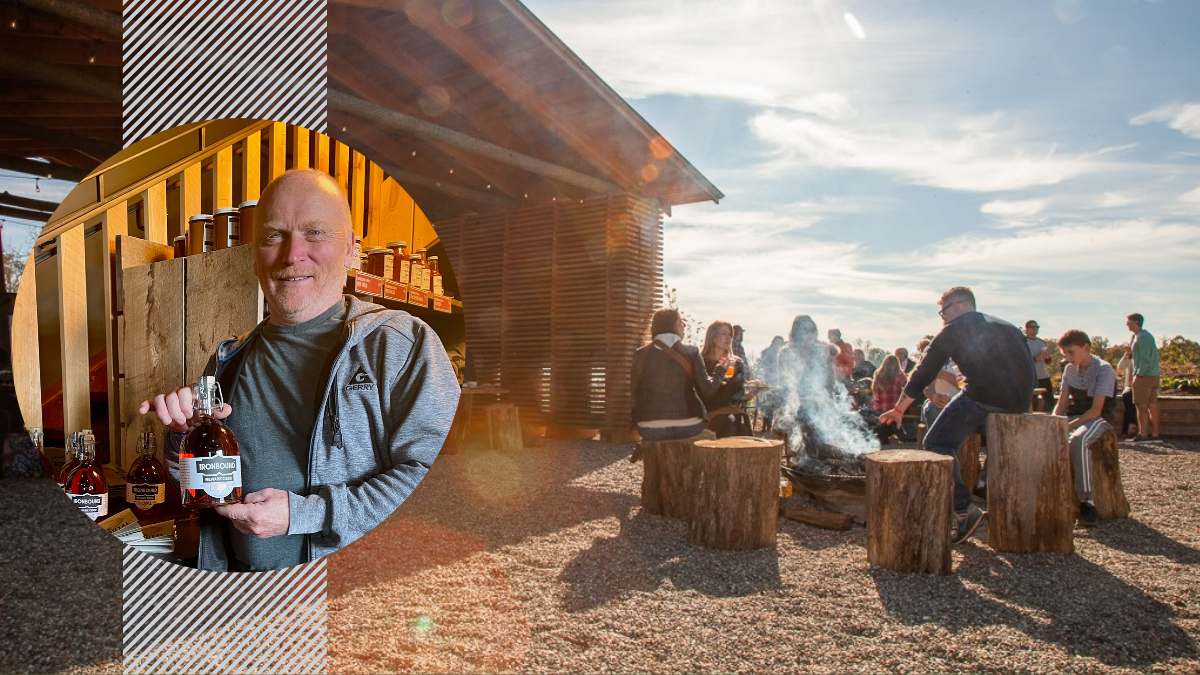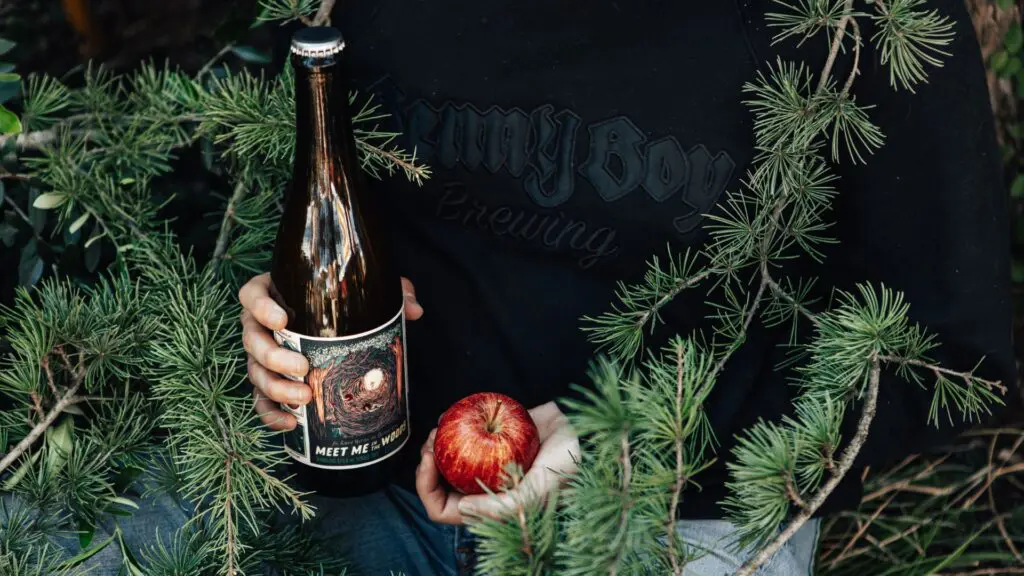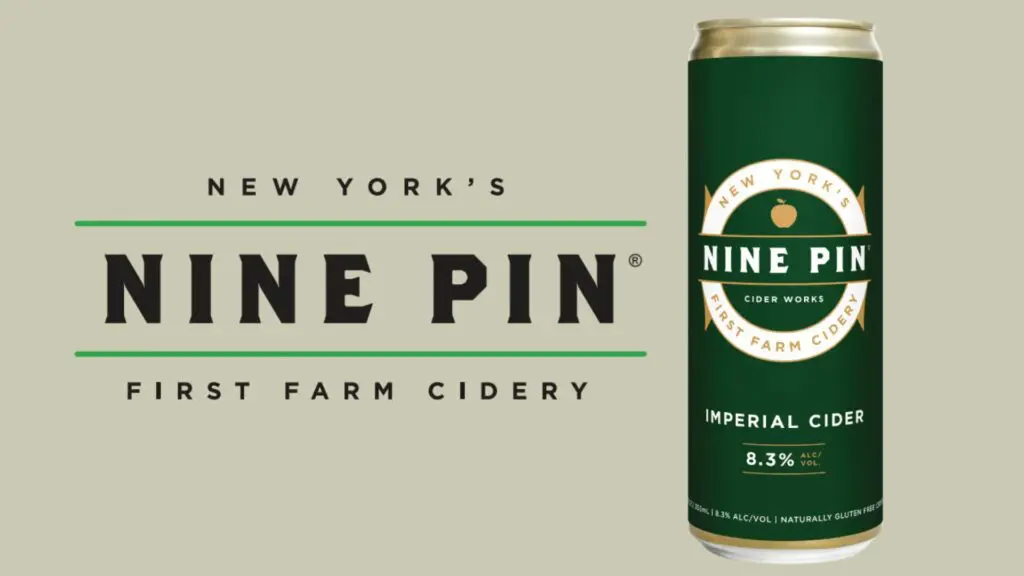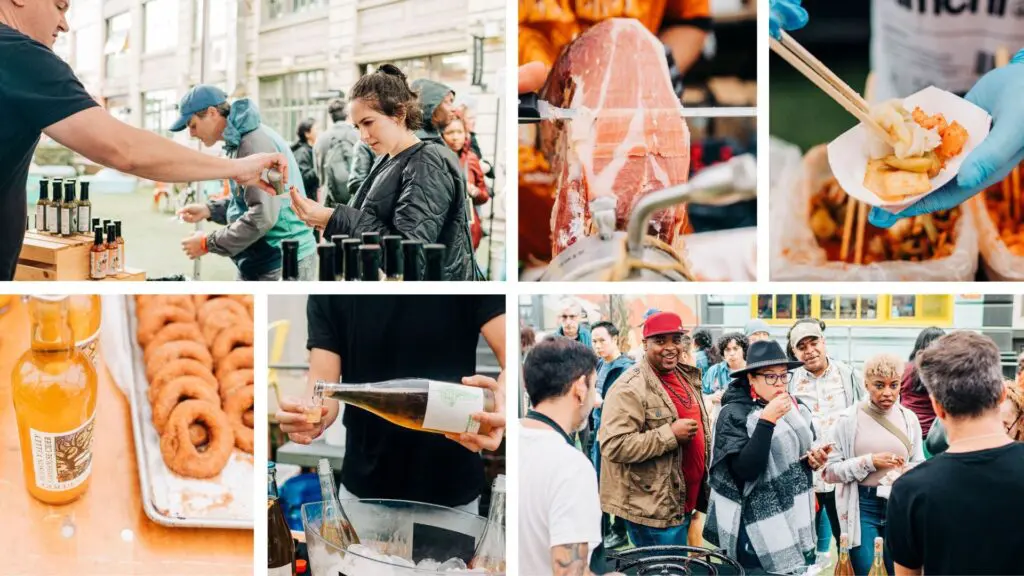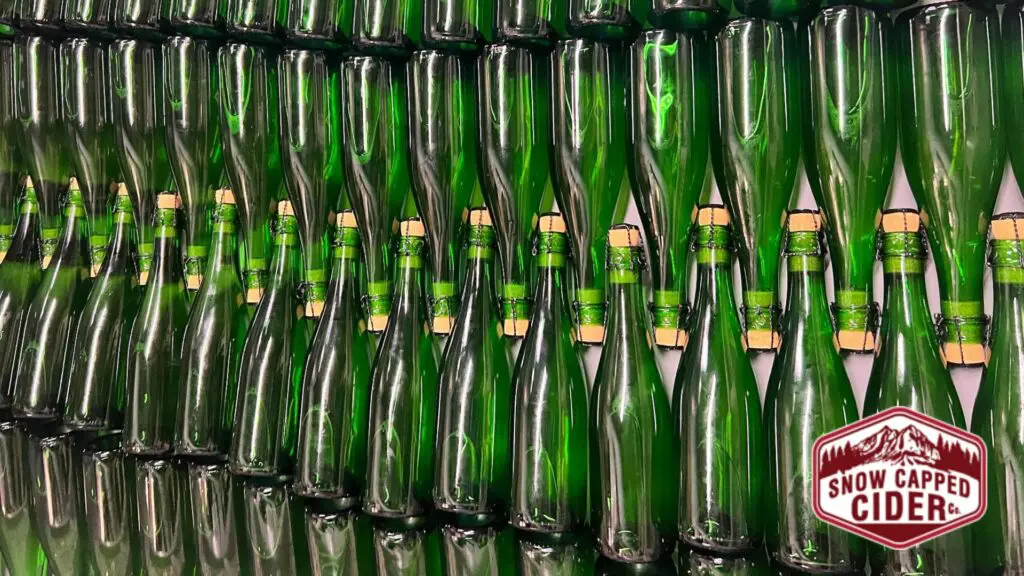Cidercraft: Why the name Ironbound?
Cameron Stark: Originally, we were to be in the old Ballantine Brewery in Newark’s Ironbound region — a wonderful melting pot of many cultures — as both a cidery and workforce development company. From 1700 to 1850, Newark and the surrounding valleys were heavy with apple trees. Newark made some of America’s best ciders. We just loved the name and the tension between agrarian and industrial that early Newark/Ironbound represents. We’ve found two Harrison apple trees still growing in towns surrounding Newark that speak to the resilience of nature.
But, at the time, New Jersey required cideries to be a plenary winery with at least 3 acres of orchard on the property. Not happening in the Ironbound! We found a great 108-acre abandoned winery in Hunterdon County, named it Ironbound, and it has become a blessing.
What is Ironbound Farms farming philosophy?
CS: We’re an organic regenerative farm, integrating trees, produce, livestock and people. We grow 365 days a year. Our offerings (food, cider, cider cocktails, etc.) are sourced from our farm and a collection of local farms. We are proud members of the Hunterdon 579 Trail that promotes small farms and producers. Our philosophy? Heritage seed, living earth, collaboration, joy, great tasty food and great tasty ciders.
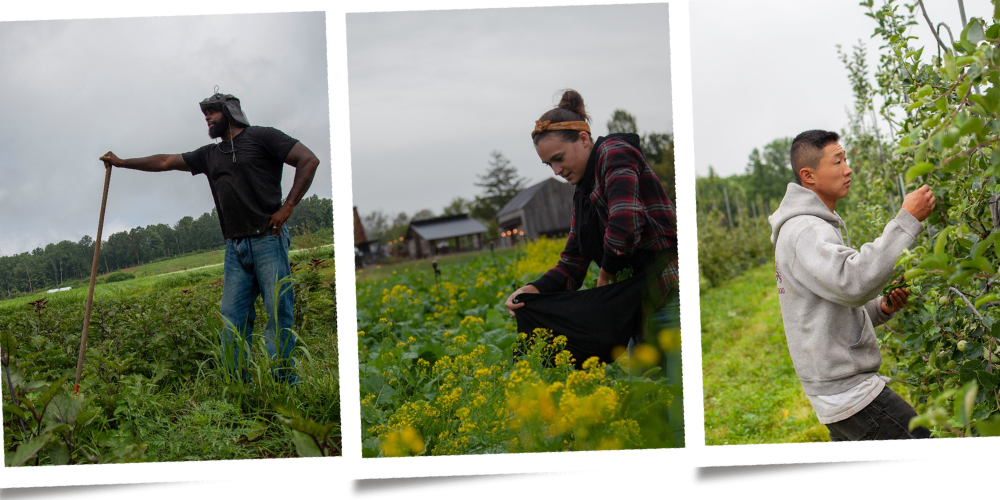
How does your winemaking expertise influence your cidermaking?
CS: Cidermaking and winemaking are very similar. The techniques and goals are aligned — to create a seamless wine/cider. In effect it’s a balancing act between tannins, acids, fruit flavors and sweetness. The biggest difference is that with cidermaking there are no rules. I do not have to make Chardonnay within a set of consumer expectations. I can make a hard cider with juniper berries and candied orange peel. It’s pretty delicious!
What’s a fortified cider? How do you support local businesses with your fortifieds?
CS: Fortified ciders have had their primary fermentation stopped with the addition of enough high-proof alcohol to bring the alcohol level to 18.5% or so. They age well and are delicious. We have had a great response to the fortified ciders. The cider cocktails at the farm have opened folks to the idea that ciders/fortified ciders can stand alone or be great additions to cocktails.
Our fortifieds have been around for about a year. We’ve used local spice companies like Black River Spice and Tea, or Tattle Tea, for our first batches. The reality is that many of the fruits and spices used in the fortified ciders cannot be grown in New Jersey. We hope that as we grow, we can subcontract some of the ingredients that we currently grow to local farms.
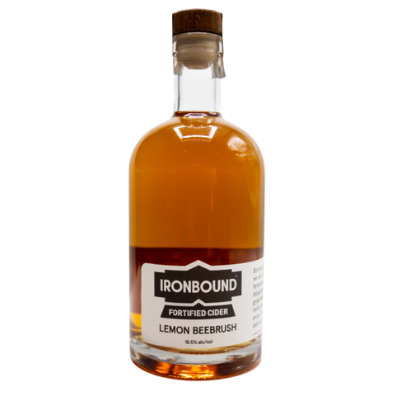
Can you share a fortified cider cocktail recipe?
One of my favorites is called Julia’s Lemonade:
2 oz Ironbound’s Lemon Beebrush Fortified Cider
1/2 oz fresh lemon juice
1/2 oz simple syrup
top with Ironbound’s Lemon Ginger Seltzer
Serve in Collins glass over ice
Or, you can use Ironbound Fortified Ciders as a substitute in classic cocktails:
Substitute Ironbound Campalic Fortified Ciderfor Campari in a Negroni
Substitute Ironbound Golden Russet Orange Fortified Cider for whiskey in an Old Fashioned
Substitute Ironbound Cherry Burdock Fortified Cider for whiskey in a Manhattan

